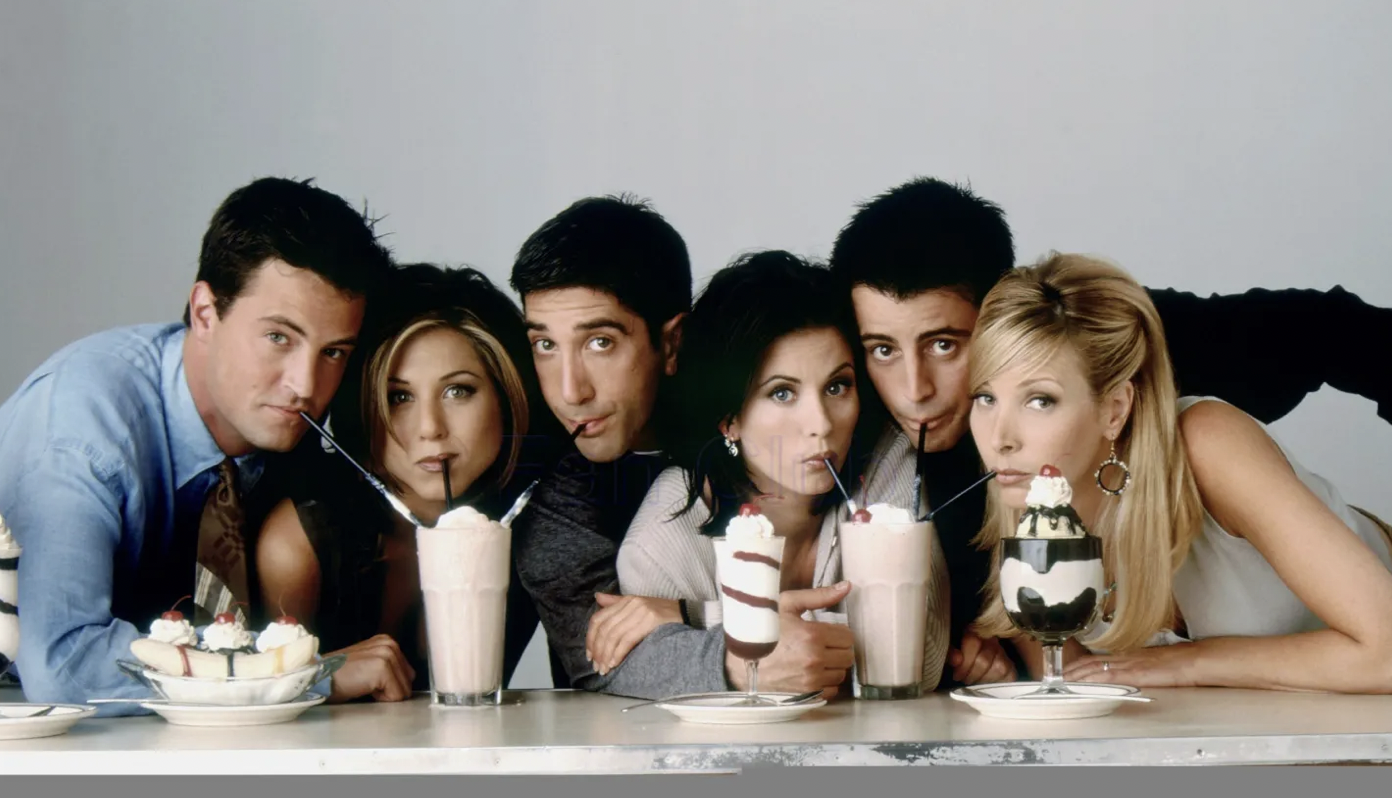The 1990s is a decade fondly remembered for many things, from fashion statements like plaid skirts and grunge styles to iconic television shows and music that continue to influence pop culture today. Yet, as the nostalgia lens often romanticises this era’s aesthetic and zeitgeist, some contemporary critics, including actress and director Zoë Kravitz, urge a more critical view of certain elements that have not aged well.
Zoë Kravitz has openly criticised the casual homophobia embedded in 1990s sitcoms such as the widely beloved show Friends. Speaking to PEOPLE magazine, Kravitz highlighted the 'super homophobic jokes' that were once passed off as harmless humour but now stand out as uncomfortable and inappropriate. She pointed to scenes where LGBTQ+ characters or identities were routinely the subject of punchlines, such as episodes featuring Carol and Susan or references to Chandler’s transgender parent. Kravitz remarked, 'If you watch Friends now you’re like, "Whoa!"'
This critique has sparked renewed conversations around how shows from the ’90s are viewed through modern eyes. Kravitz’s commentary also caught the attention of her co-star Austin Butler, who expressed surprise about the extent of such jokes in Friends. Kravitz responded, noting that many jabs that might have originally seemed innocuous were, in fact, inappropriate and unfunny by current standards. Alongside this discussion, there has been a broader evaluation of Friends and similar sitcoms’ lack of diversity and sometimes regressive attitudes. David Schwimmer, who played Ross, has since acknowledged that a more diverse cast would be necessary if the show were ever remade, suggesting possibilities such as an all-Black or all-Asian ensemble and recounting his own attempts to introduce greater diversity during the original run. Source: Noah Wire Services
